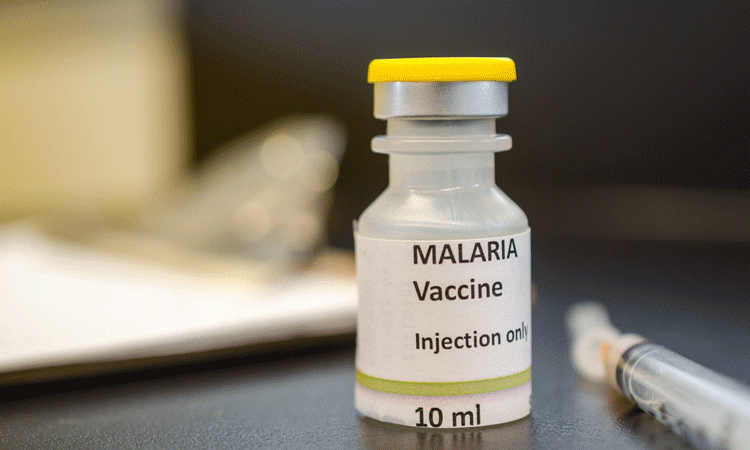The new Oxford University malaria vaccine has been approved by Ghana, making it the first nation in the world to do so. Contrary to earlier attempts in the same field, the vaccination known as R21 appears to be extremely effective, Entrepreneurng report.
According to trial results from early research in Burkina Faso, the R21 vaccine was up to 80% effective when administered in three initial doses and a booster one year later. The vaccination is intended for use in children under the age of three.
Read Also: The TOP 5 FINANCIAL INSIGHTS TO SAVE YOUR Money: 2023
The final trial data on the vaccine’s safety and efficacy, which has not yet been made public, was evaluated by Ghana’s drug authorities, who then opted to use it.
The vaccine is also being considered for approval by the World Health Organization. The majority of the 620,000 people who die from malaria each year are very young toddlers.
The creation of a vaccine that guards the body against the malaria parasite has been a significant, century-long scientific endeavor. However, it was underlined that the outcome of a larger experiment involving up to 5,000 children will determine whether or not the vaccine would be widely used.
Read Also: Osun Amotekun Detains Two Youths For Stealing Food and Money
These have yet to be properly released, despite being anticipated to occur towards the end of last year. However, several African governments and scientists have had access to them.
The WHO and other African nations are both researching the information. Prof. Adrian Hill, director of the Jenner Institute at the University of Oxford, where the vaccine was developed, claims that African nations are saying “we’ll decide” after being shut out of the Covid-19 vaccine deployment during the pandemic.
“We expect R21 to make a significant impact on malaria mortality in children in the coming years,” he said, “and [it] will contribute to the overall final goal of malaria eradication and elimination in the longer term.”
The Serum Institute of India is constructing a vaccination facility in Accra, Ghana, and is planning to produce 100–200 million doses annually.
“R21 is anticipated to cost a few bucks for each dose. According to Adar Poonawalla, CEO of the Serum Institute, “developing a vaccine to greatly impact this huge disease burden has been extraordinarily difficult.”
Read Also: Make Money: Tips For Beginning a Freelance Career While Traveling In 2023
In conclusion, the first nation to approve the vaccine, Ghana, marks “a significant milestone in our efforts to combat malaria throughout the world.
Source: Punch











